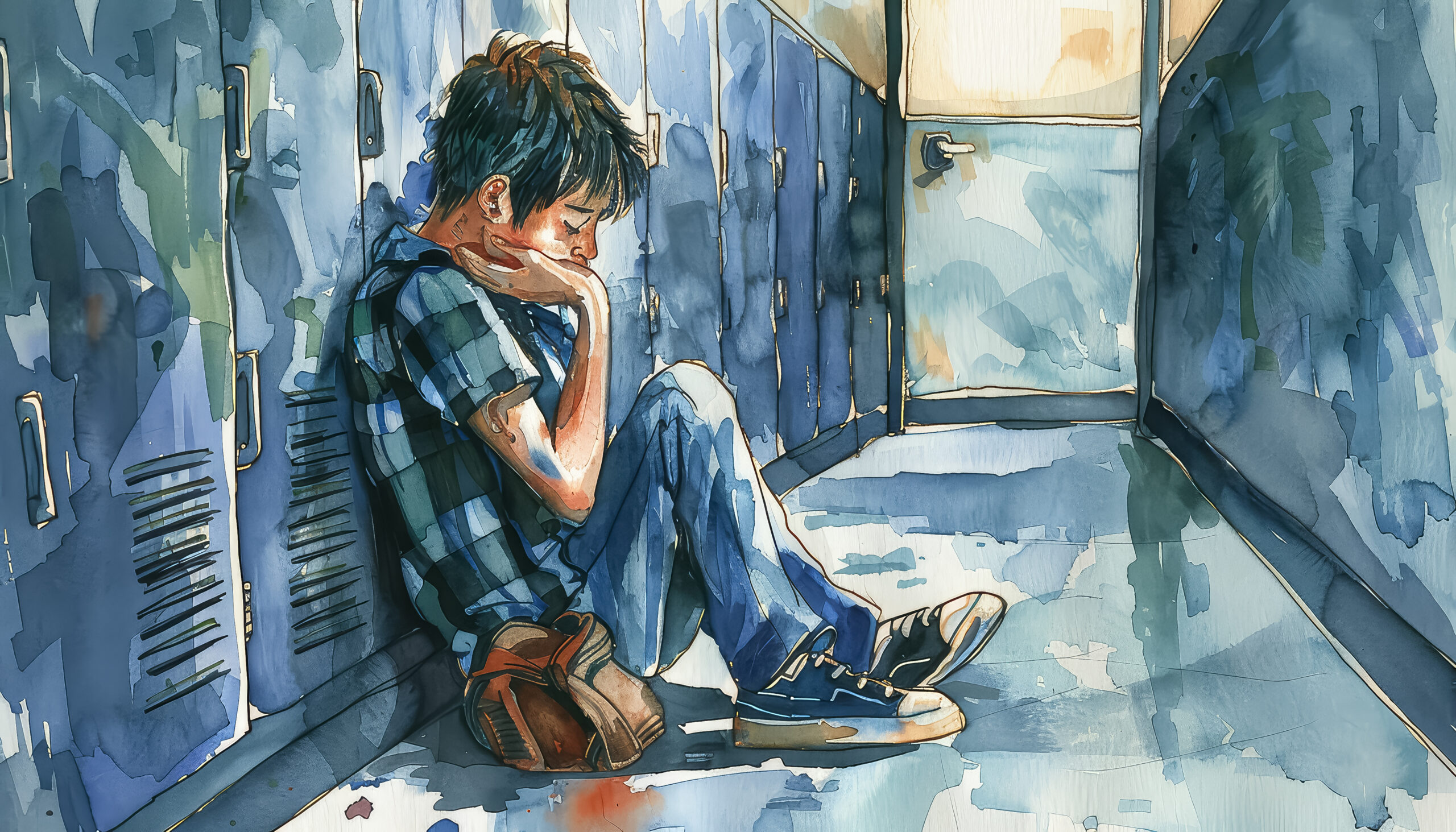
How to Find the Right Mental Health Counselor
This blog originally published in Aug. 2021
So, you’ve decided to find a therapist. Now what?
Finding mental health support is a personal, and sometimes anxiety-producing, decision. With all the different classifications of therapists and mental health professionals, it can be confusing to know who to choose or even where to begin.
But the process doesn’t have to be overwhelming.
The first step is understanding the different roles and titles within this area of healthcare. Nikita Duke, DNP, PMHNP-BC, Director of Behavioral Health at Fast Pace Health, outlines the common types of classifications you may see.
A quick guide to a few types of mental health practitioners:
- Therapist/Counselor: Interchangeable titles for anyone that provides mental health support through therapy/counseling.
- Psychiatrist:: a medical doctor who has specialized in psychiatry. They can provide a diagnosis and prescribe medication.
- Psychologist: provides testing and therapy, but not usually medication. This person has a doctorate in psychology.
- Psychiatric Nurse Practitioner: Much like a psychiatrist, provides a diagnosis and prescribes medication. This person has a degree as a nurse practitioner specialized in psychiatry.
- Licensed Social Worker (LSW): this person has earned a master’s degree in social work, completed extensive clinical work and focuses on case management and therapy/counseling.
- Licensed Professional Counselor (LPC): Earned a master’s degree in counseling and focuses on therapy/counseling.
Which Counselor is Best?
There’s no one answer for which type of counselor is best. Instead, you should ask yourself what you’re looking for, Duke says.
Do you want to focus on therapy and coping mechanisms? Or are you interested in talking about medication? You’ll also want to check which type of provider your insurance covers. Some providers work with most major insurers, Medicaid and Medicare, while some work on a self-pay fee for services.
Certain types of providers can have a long wait for an appointment, too.
“You get in faster with a counselor often times,” Duke said. “The counselor may then be able to help direct you to additional providers for additional support/care.”
She says starting with a counselor gets the work in motion while waiting to get into a psychiatrist for medication or a psychologist for testing.
Changing Providers
When finding a therapist, personal fit is essential. Therapists are like shoes — what’s comfortable for your friend might not be best for you.
So, just as in any relationship, sometimes a specific provider and client just aren’t fitting well together. Duke says that if progress is not happening or conflict exists between the patient and provider, talk to your therapist or doctor. Even if you choose to change providers, the focus is on relationships, allows for recommendations of who might provide the needed support, and ends the relationship better, she adds.
While many are too nervous about having this conversation with their provider, it is always better than just disappearing. Ultimately, it’s okay to switch providers to find the right fit for you.
Suggesting Help for Family and Friends
“Don’t be afraid to confront friends and family members [who need help],” she said. “At the end of the day, where will you have more peace?”
That can start with conversations such as “I’ve noticed these things.” These conversations are not easy, but are important. Some people may be ready to seek help. Others may be in denial or not yet prepared to face their reality. At these times, it means letting them know “when you are ready, I’m here.”
Sometimes the level of involvement includes phrases such as “I’m worried.” They can even be amplified to interventions where more people are needed to work together to realize they need help. Yet, through it all, Duke reminds us that it is essential to normalize counseling and getting help.
“A lot of people need that extra person,” she said.
Tips for Parents
Adults aren’t the only ones who can benefit from these resources.
Parents often observe concerns in their children that could indicate they need more support. So, while it is essential to make sure your children are staying active, involved, social, and taking time for their outlets, the time may come to add these resources into their routine and life.
“You have to do what’s best for the child, even if you as parents aren’t ready,” she said.
COVID-19 has created a tough year, Duke says. With so much conflicting information on social media, it is hard for children and teens and adults to know who they are supposed to believe and what they are supposed to feel. It’s vital to have open conversations.
“Avoid you, and your child’s, triggers,” she said. Limit those triggers and focusing on what makes you and your children healthy. During COVID-19, that meant getting outside, going to the park, riding bicycles and pushing to find another outlet.
“Don’t let them just sit in a closed room all day,” she said. “Encourage them to be involved with both family and friends even if its remotely through virtual options to talk to someone”
Related Resources


